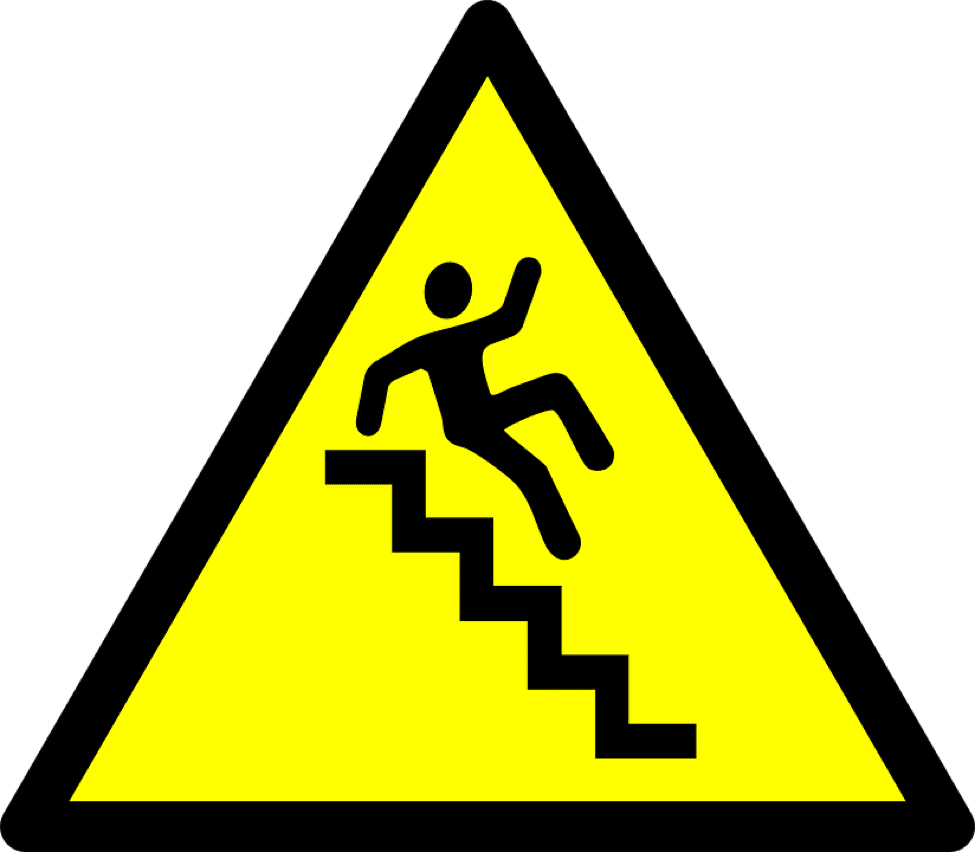4 Indicators That It’s Time for Memory Care
When it comes to caring for our loved ones, making care decisions isn’t so simple.
From medications to doctors and transportation to caregiving, there are a lot of options—and knowing what’s right for your parents takes some research and analysis.
When it comes to parents living with dementia or Alzheimer’s, there comes a time when the question, “Is it time for memory care?” becomes far too important to leave unanswered.
Fortunately, there are common indicators that often signal and help family members decide that memory care is the best possible option for their aging parent.
Here are four signs to watch for if your mother or father has received a dementia or Alzheimer’s diagnosis…
1. Unsafe Living Conditions
(Source)
Maybe you’ve noticed water damage in your mother’s bathroom.
Or scorch marks on your father’s dishtowel.
Signs of damage in your parent’s home might be indicators that memory loss has led to her forgetting that she’s running a bath, or him accidentally leaving a burner on.
Situations like these put your parent in danger. Whether it be starting a house fire or slipping on a wet bathroom floor, you don’t want to wait until your parent has an accident to finally decide it’s time for memory care.
Keep an eye open for signs of damage in the home—even spills that haven’t been cleaned up are signs of a decrease in attention.
2. Lapses in Self-Care
Let’s say that your consistently clean-shaven and impeccably dressed father suddenly begins to show up to family dinners looking scraggly and unkempt, with shirts on inside out.
Or you begin to pick up on a strong smell of body odor every time you visit your mother.
Letting go of self-care is a major indicator that your parent requires extra assistance in activities of daily living.
From wearing the same clothes every day to forgetting to shower, these signs shouldn’t be taken lightly.
Memory care communities provide compassionate caregivers that ensure your parents continue to practice self-care—even when their mental abilities begin to decline.
3. Caregiver Burnout
Upon receiving a dementia or Alzheimer’s diagnosis, many families’ initial solution is attempting to provide care to their loved one at home.
Whether it’s you, your sister, your brother, or even your parent’s spouse providing care—oftentimes, caregiving is a bigger and more stressful task than originally imagined.
Not only is it mentally exhausting—but there are also various physical and financial consequences of attempting to provide care to a loved one.
You may realize ultimately that the situation isn’t sustainable—and in the worst of cases, even dangerous.
As Grandparents.com explains, “Dealing with irrational demands and being yelled at is stressful for family caregivers, while memory care professionals have the training and patience for handling these situations.”
Avoid caregiver burnout altogether—there are various exemplary memory care communities that enable families to spend quality time with each other without the stressful aspects of caregiving.
4. Falls and Other Accidents
(Source)
This point isn’t to be taken lightly. According to the National Council on Aging, “falls are the leading cause of fatal injury and the most common cause of nonfatal trauma-related hospital admissions among older adults.”
People who have memory loss can often become confused and wander.
Additionally, they can become frustrated and even physically violent very easily. All of these situations increase the risk of falls.
That said, this is a risk factor that extends beyond dementia and Alzheimer’s. One’s physical ability naturally begins to decline with age—and it’s not worth waiting for an accident to occur before making the move to memory care.
Preserve your loved one’s quality of life, and take proactive steps to explore memory care options that will help him or her.
At The Grove at Oakleaf Village, we provide families and their loved ones with a greater sense of safety and elevated quality of life.
Visit our communities in person—schedule a tour at our Toledo community, or plan a visit to our Columbus community (opening soon) in advance.







